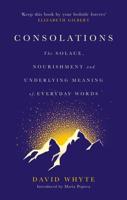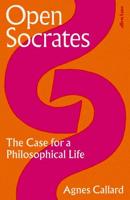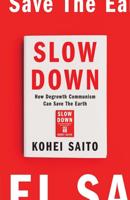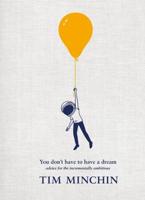Publisher's Synopsis
An examination of the origins of the idea of psychogeography in the Situationist Movement of the 1950s, exploring the theoretical background and its political applications as well as the work of early practitioners such as Guy Debord and Raoul Vaneigem. Psychogeography is the point where psychology and geography meet in assessing the emotional and behavioural impact of urban space. The relationship between a city and its inhabitants is measured in two ways - firstly through an imaginative and literary response, secondly on foot through walking the city.










